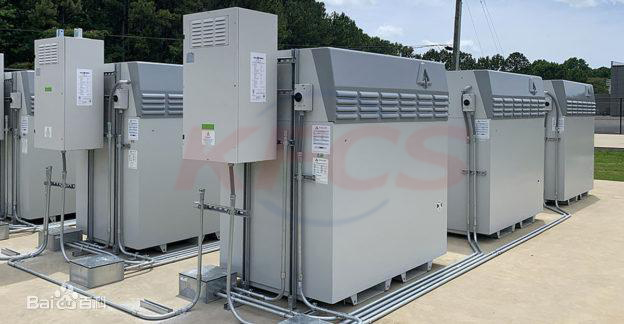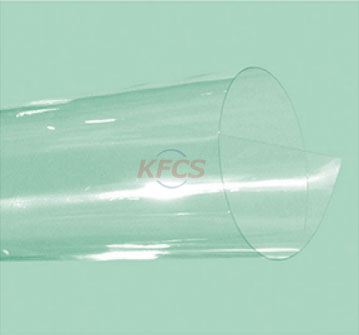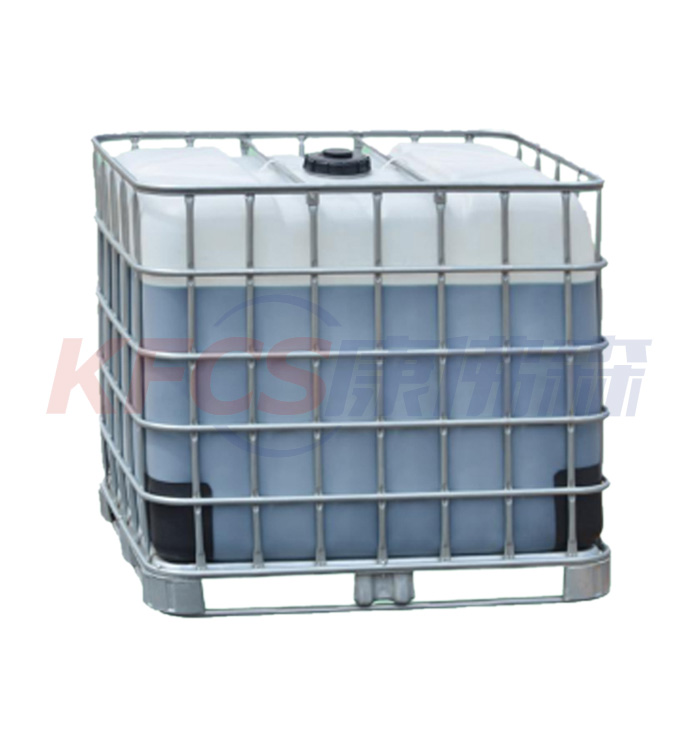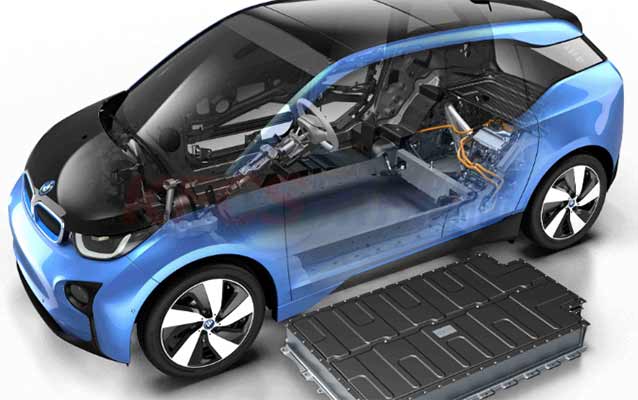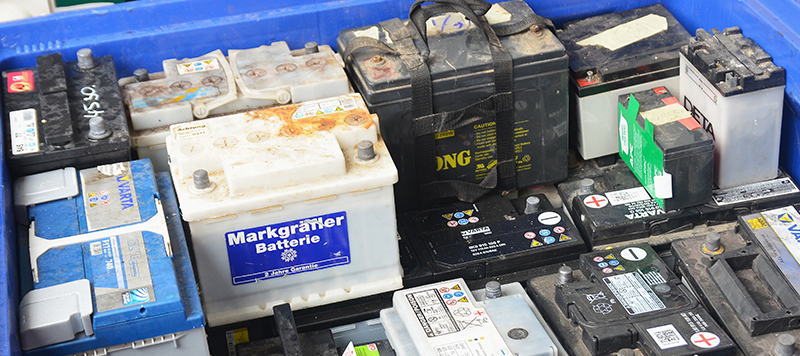Large-scale energy storage: vanadium batteries challenge the lithium battery market
2022-02-10
Large-scale energy storage: vanadium batteries challenge the lithium battery market
According to the research of a market research company, the oxidation flow battery technology (RFB, Redox Flow Battery) will begin to occupy the lithium-ion battery market in the next 10 years, and will exceed the energy storage capacity of lithium-ion batteries in 2031.
Relying on vanadium, zinc-polyiodide, polysulfide bromide or uranium electrolyte solutions in storage tanks, RFBs can store sources of renewable energy, including sunlight, wind or tides, and release them when needed.
At present, more and more countries are implementing green economic policies, and the energy scenario is changing. The role of energy storage in the process of accommodating Variable Renewable Energy (VRE) in the grid is very critical.
The power supply needs to be stable and cannot be stopped due to intermittent wind and sun. Therefore, researchers believe that RFB will appear on a large scale by the end of this decade. Once the market position of the RFB industry is stabilized, it will bring great benefits to the already well-established lithium-ion battery market. big shock.
About News
- Application of vanadium in all vanadium redox flow battery
- Lithium battery market recycling
- 2.5kW vanadium battery
- What are the advantages of all vanadium redox flow battery energy storage technology?
- Scientists develop ultrathin supercapacitors that retain strength after bending
- Application of all-vanadium redox flow battery
- All-Vanadium Redox Flow Battery Energy Storage
- An overview of all vanadium redox flow batteries
- Lithium iron phosphate battery will become the mainstream of power battery market
- Advantages of crushing waste lithium batteries
Products



